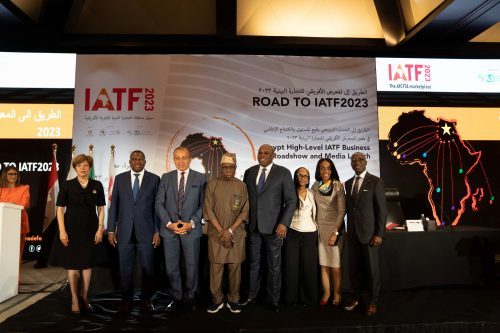Nigeria’s fintech startups secured $243 million in funding over the past year, reflecting a 16% decline and marking the lowest figure among the “Big Four” African nations, according to data from Afridigest, an African data and research platform. Noteworthy funding rounds from startups like Moove ($66 million) and Lemfi ($33 million) contributed to this total.
In comparison to other Big Four nations, Egypt led in fintech funding for 2023 with $541 million, followed by South Africa ($367 million), Kenya ($301 million), and Nigeria ($243 million). Nigeria, despite experiencing the highest number of reported deals in a year (60 deals), fell behind in total funding.
The report outlined a total of 150 African fintech startups collectively raising $1.55 billion in risk capital through 169 transactions. Despite an overall 24% decline in fundraising compared to 2022, a notable disparity was observed between equity and debt financing. Equity funding for African fintech companies saw a 43% decrease, while debt financing surged by 34% to reach $647 million.
The top three fintech sectors attracting the most funding were Banking/Lending, payments/cards, and financial management solutions. The rise in debt financing is seen as indicative of shifting investment strategies, reflecting a more discerning approach among venture capitalists and private equity firms amid global economic uncertainties and inflationary forces.
Experts suggest that this trend reflects a global response to economic uncertainties, prompting investors to reassess risk appetite, particularly in the tech ecosystem. Across African nations, investors are seeking greater assurances from founders and tech companies before committing to funding, showcasing nuanced evolution in fintech investment dynamics.










